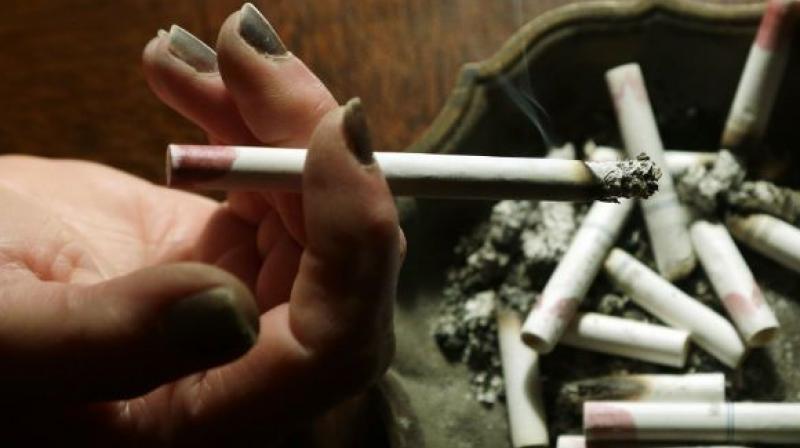India's tobacco industry, government face off ahead of WHO conference
Delegates from about 180 countries will attend the conference on the sole global anti-tobacco treaty: FCTC.

Delegates from about 180 countries will attend the Nov. 7-12 WHO conference on the sole global anti-tobacco treaty: the Framework Convention on Tobacco Control (FCTC). In force since 2005, the treaty aims to deter tobacco use that kills around 6 million people a year.
The industry in
In documents obtained by a Reuters reporter under
Global tobacco firms have criticised the biennial event for not being transparent, in part because proceedings have in the past not been open to the public, including industry representatives.
The tussle comes at a time when the Indian industry is smarting from measures imposed this year forcing companies to print bigger health warnings on tobacco products.
A tobacco farmers' group this month questioned the legality of
"If we take them in the delegation, the government of
The FCTC secretariat in
Conference decisions on treaty provisions - designed for eventual implementation at national level by signatories - have a direct bearing on the global tobacco industry that Euromonitor International estimates is worth $784 billion this year.
Topics for debate at the conference include alternative livelihoods for tobacco farmers, e-cigarettes and trade and investment issues.
Letters, Signature Campaigns
The nation's main cigarette industry body, the Tobacco Institute of India (TII), and farmer groups wrote to the agriculture ministry demanding to have their views represented and to be allowed into the WHO conference.
In a Sept. 28 letter, the TII said "there is no obligation on any signatory to the FCTC to comply with or implement any provision of the FCTC". The WHO, however, says the treaty is legally binding on its member countries.
The ministry also received a near-6,000-page petition signed by more than 100,000 farmers seeking protection from FCTC rules.
The TII - which represents cigarette makers including ITC, which is part-owned by British American Tobacco; and Godfrey Phillips, the local partner of Philip Morris International - also sent the health ministry a 'handbook' detailing how FCTC proposals are a threat to farmers' livelihoods.
It asked the government to ensure that "unreasonable and impractical" proposals are not adopted at the FCTC conference.
The TII did not respond to Reuters queries on the make-up of the Indian delegation or the legality of the FCTC.
In another letter, a group representing traditional Indian cigarette makers urged Modi to ensure the health ministry does not make any anti-tobacco commitments before or after the conference, fearing the potential impact on those tied to the industry.
The health ministry official said the government would consider farmers' views, but there was "no soft corner for the industry".
Smoking kills more than 1 million people a year in

